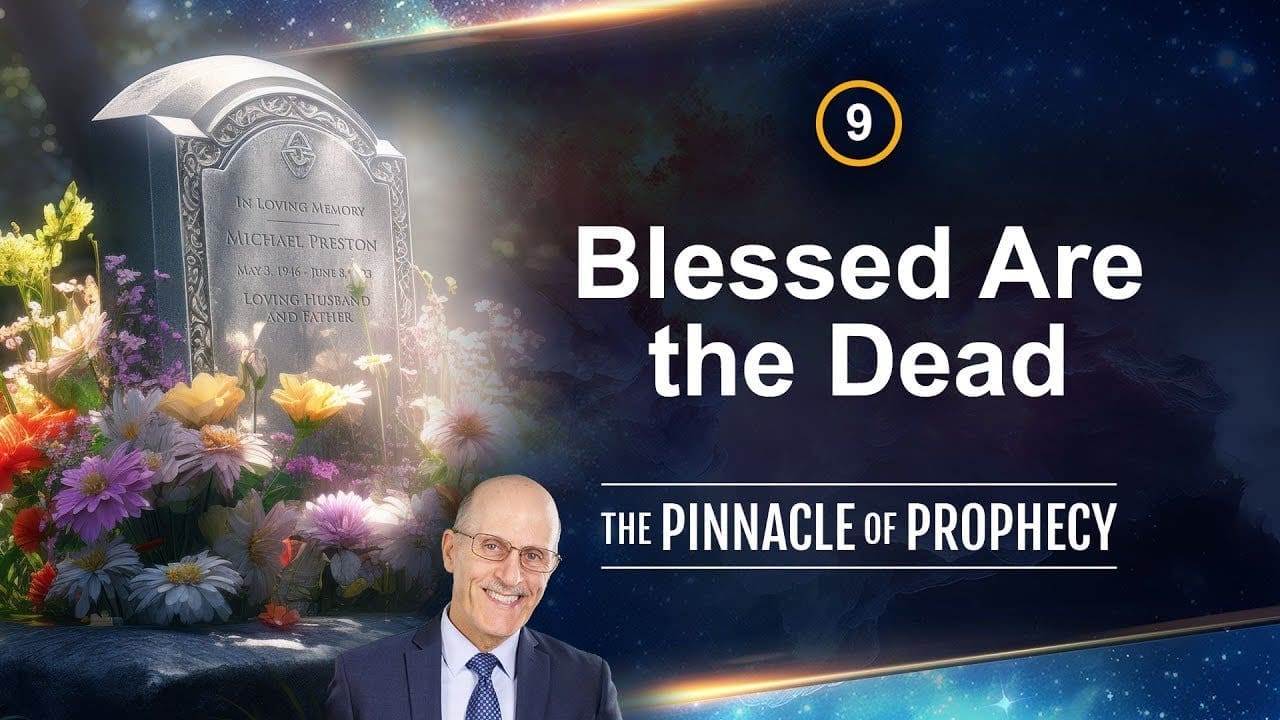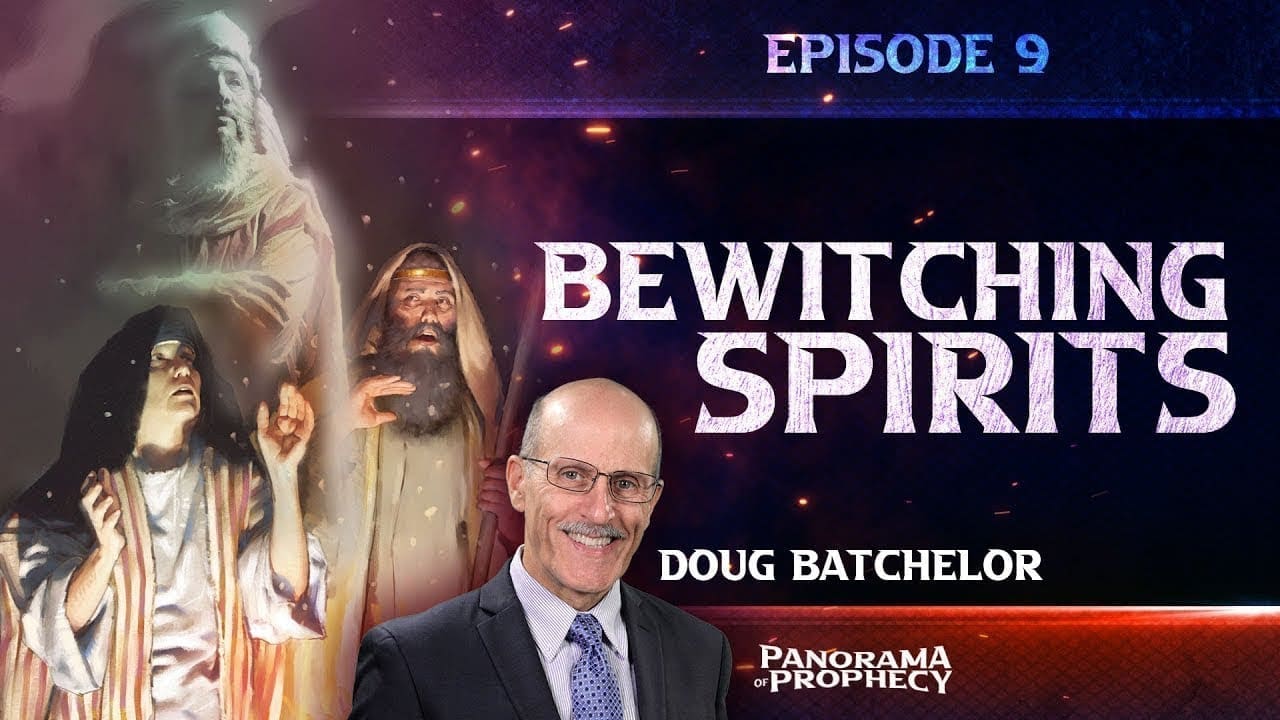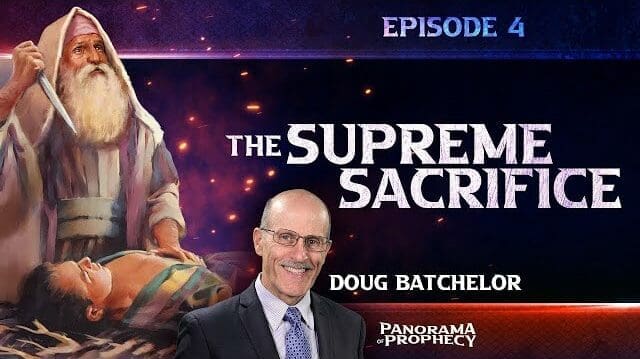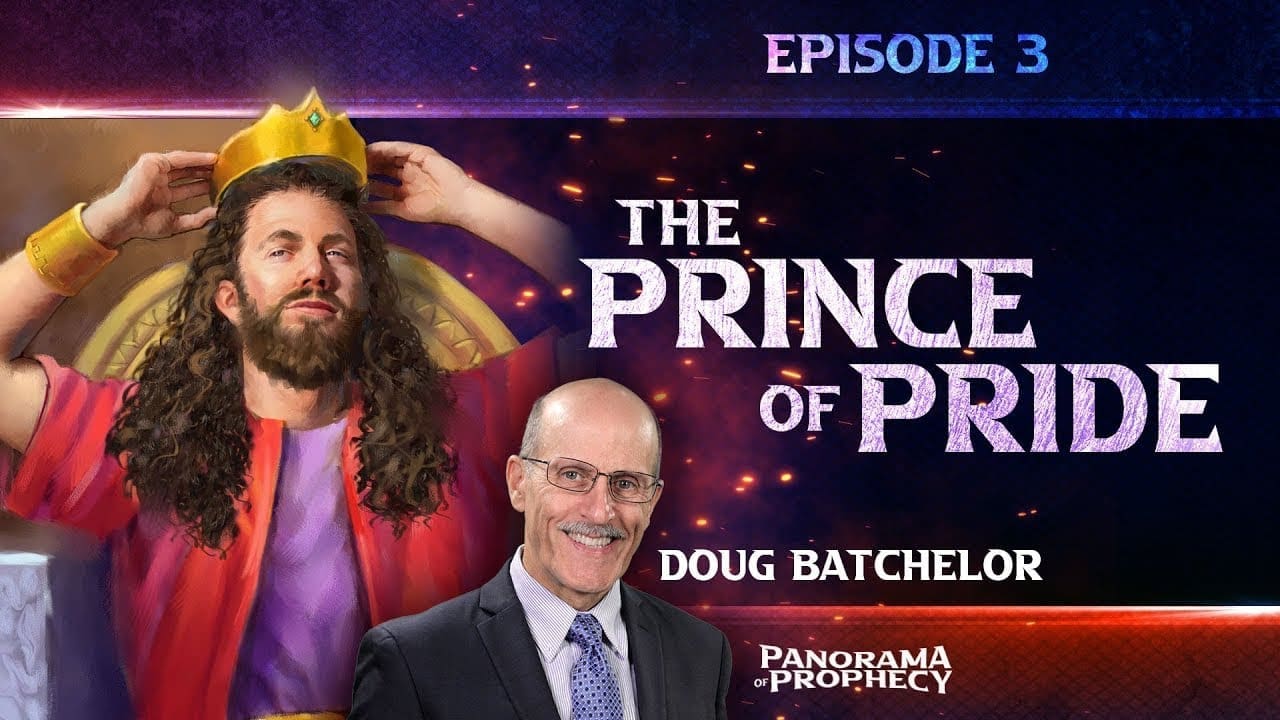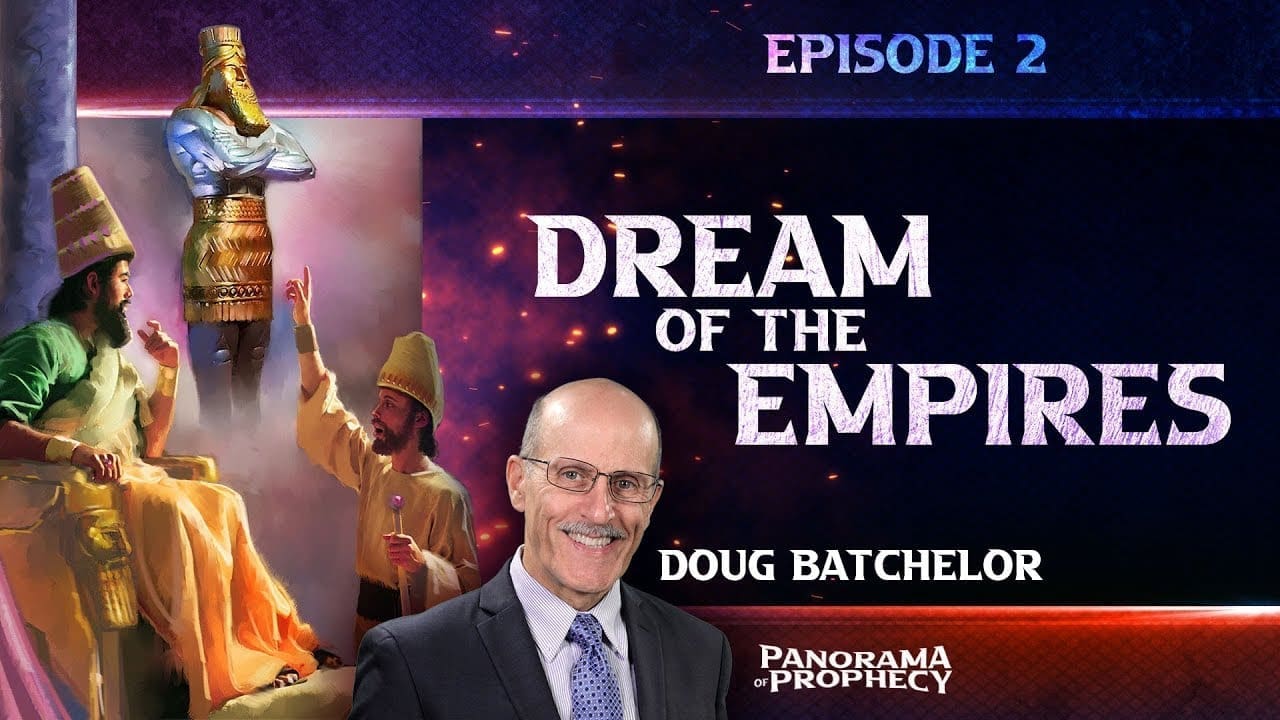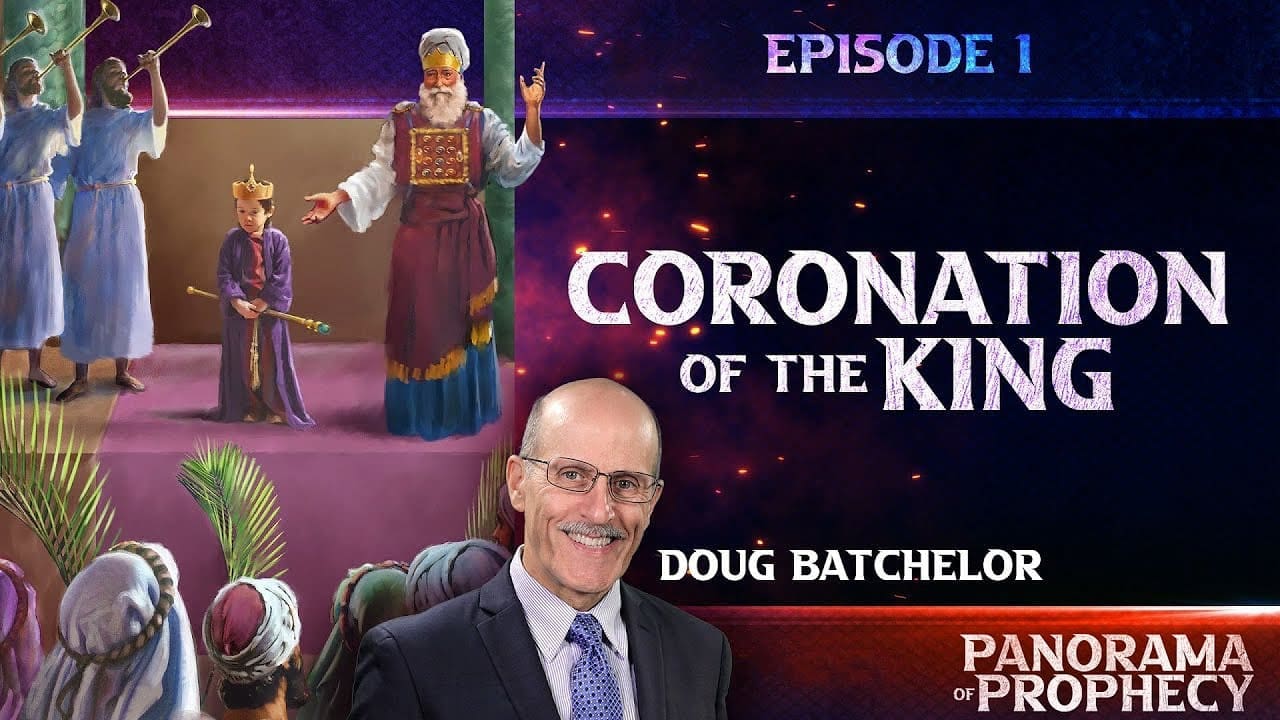The story found in Luke 16:19–31, commonly known as the rich man and Lazarus, has sparked a debate regarding its interpretation. Some argue whether it should be understood as a literal account or as a parable. Its placement within a series of parables told by Jesus in the book of Luke adds to the discussion.
Considering a literal interpretation, certain elements of the story would need to be true if taken at face value. However, questions arise regarding the plausibility of these aspects. For instance, the idea of the righteous dead residing in Abraham’s bosom, the ability of the wicked dead to speak despite their torment, and the assumption that a drop of water could alleviate the torments of hell. Additionally, the story appears to contradict the Bible’s teachings concerning the resurrection and the timing of receiving new bodies.
On the other hand, an alternative interpretation suggests that the story is a parable rather than a literal account. It proposes that Jesus might not have explicitly labelled it as a parable because He intended to challenge the beliefs of the Pharisees, who held specific ideas about the afterlife and earthly wealth. By using their own language and ideas, Jesus effectively conveyed His message to the Pharisees.
This interpretation underscores the importance of examining the abundance of Scriptural evidence concerning the sleep of death and the resurrection when forming conclusions about the afterlife. It references Jesus’ teachings that indicate the deceased rest in their graves until His voice calls them forth.
In conclusion, this interpretation suggests that the parable of the rich man and Lazarus does not support the concept of immediate life in heaven or hell after death. Instead, it encourages a broader examination of Scripture to gain a broad understanding of the topic of death and the afterlife.








